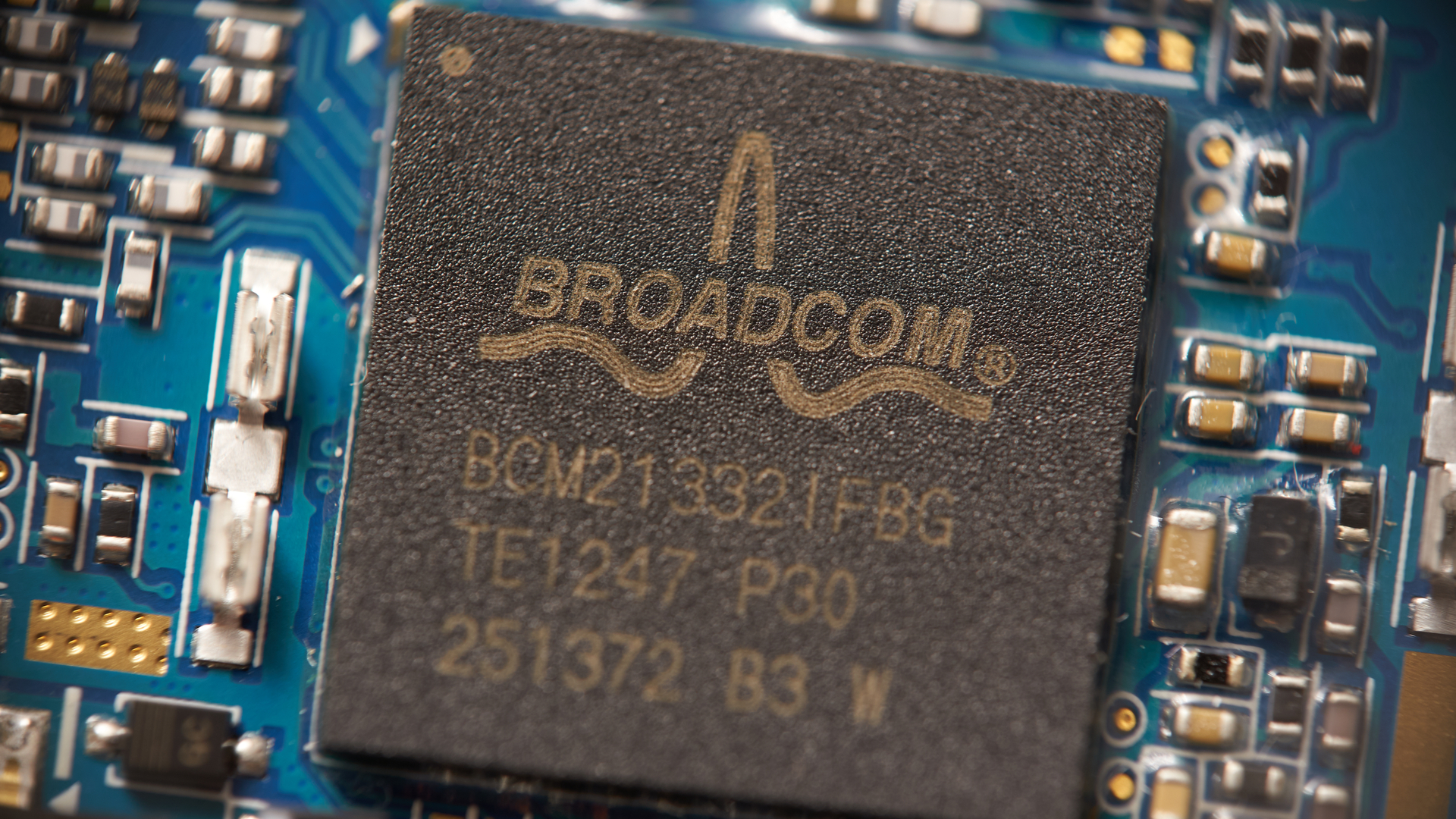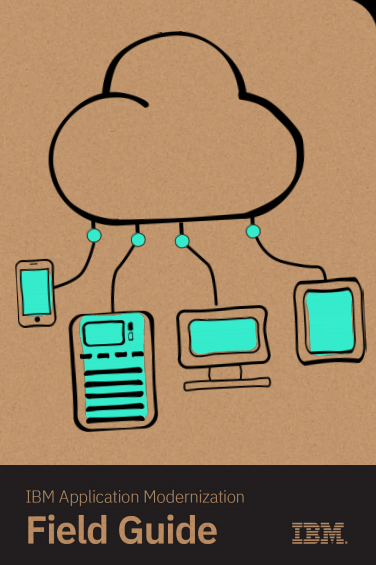Billion-plus Wi-Fi devices hit by Kr00k vulnerability
The flaw chiefly affects Broadcom and Cypress Wi-Fi chips and is related to the infamous KRACK attacks


A serious vulnerability in more than a billion Wi-Fi devices fitted with chips made by Broadcom and Cypress, among others, could allow an attacker to decrypt wireless network packets and intercept web traffic.
The flaw, assigned CVE-2019-15126 and dubbed Kr00k, causes Wi-Fi devices to revert to an encryption key comprising just zeroes to secure part of the user’s communication.
Hackers can exploit this by using the Kr00k bug while artificially extending the period in which an all-zero encryption key is in use in order to decrypt Wi-Fi packets.
A vast number of devices are affected, according to researchers with ESET, including smart home units, smartphones, as well as the Raspberry Pi 3. These are in addition to Wi-Fi routers and access points with Broadcom chips.
Staggeringly, more than a billion devices with WPA2-Personal and WPA2-Enterprise protocols with AES-CCMP encryption are affected by Kr00K, although this is still a “conservative estimate”.
“While the source of the bug lies in the Wi-Fi chips, fortunately, it can be mitigated through software or firmware updates,” the researchers said in a paper.
“According to some vendor publications and our own (non-comprehensive tests), devices should have received patches for the vulnerability by the time of publication.
Sign up today and you will receive a free copy of our Future Focus 2025 report - the leading guidance on AI, cybersecurity and other IT challenges as per 700+ senior executives
“Depending on the device type, this might only mean ensuring the latest OS or software updates are installed (Android, Apple and Windows devices; some IoT devices), but may require a firmware update (access points, routers and some IoT devices).”
The vulnerability manifests during the disassociation state in Wi-Fi devices, which is effectively a temporary disconnection that occurs naturally due to low signal, or when a device moves between access points.
During this state, the encryption key used to secure packets, in Broadcom and Cypress Wi-Fi chips, is reset to an all-zero value.
Attackers could, in practice, manually force an extended dissociation period, before reassociation, to receive Wi-Fi packets and use the Kr00k bug to decrypt Wi-Fi traffic which, temporarily, uses the all-zero encryption key.
The flaw is similar in nature to the infamous KRACK (Key Reinstallation Attacks) exploit discovered in 2017. Although KRACK received widespread attention at the time, not all devices were fully patched. Kr00k is one of the possible causes behind the ‘reinstallation’ of an all-zero encryption key which was observed in the tests for KRACK attacks.
There are a number of differences, however, namely that while KRACK was a series of attacks, Kr00k, is a single vulnerability. KRACK, meanwhile, was triggered during the four-way handshake procedure in Wi-Fi devices, while Kr00k is triggered after dissociation.
The breadth of devices by KRACK is also much wider given it exploits implementation flaws in the WPA2 protocol itself, as opposed to Kr00k, which affects only the most common Wi-Fi chips manufactured by Broadcom and Cypress.
The bug affects FullMAC WLAN chips, by the two aforementioned companies. While Broadcom chips are used by the majority of Wi-Fi devices, Cypress chips are predominately used in IoT devices.
ESET researchers tested a host of devices and found that among those affected include the Apple iPad mini 2 as well as iPhone 6, 6S, 8 and XR, as well the MacBook Air Retina 13in 2018.
A handful of Android smartphones were also affected, including Google Nexus 5, 6 and 6S, the Samsung Galaxy S8 and Xiaomi Redmi 3S. This is in addition to the 2nd-gen Amazon Echo and 8th-gen Kindle, as well as Raspberry Pi 3 devices.
RELATED RESOURCE

The vulnerable access points that were tested include the Asus RT-N12, Huawei B512S-25d, EchoLife HG8245H and E5577Cs-321.
“We estimate that the number of affected devices, prior to patching, was well over a billion as the billion mark is passed by counting only the number of affected iPhone generations we tested,” the researchers added.
“We have also tested some devices with Wi-Fi chips from other manufacturers, including Qualcomm, Realtek, Ralink, Mediatek and did not see the vulnerability manifest itself.
“Obviously, we have not tested every possible Wi-Fi chip by every manufacturer, so while we are currently not aware of other affected chips, we also cannot rule this out.”
The researchers have also recommended that organisations should update devices with Broadcom or Cypress chips to the latest software versions, including both client devices as well as access points.
They added that patches for devices by major manufacturers should have been released by now, including for phones, tablets, laptops, IoT devices, access points and routers.
Moreover, manufacturers using Broadcom or Cypress chips should check with these companies that their devices have been patched.

Keumars Afifi-Sabet is a writer and editor that specialises in public sector, cyber security, and cloud computing. He first joined ITPro as a staff writer in April 2018 and eventually became its Features Editor. Although a regular contributor to other tech sites in the past, these days you will find Keumars on LiveScience, where he runs its Technology section.
-
 Trump's AI executive order could leave US in a 'regulatory vacuum'
Trump's AI executive order could leave US in a 'regulatory vacuum'News Citing a "patchwork of 50 different regulatory regimes" and "ideological bias", President Trump wants rules to be set at a federal level
-
 TPUs: Google's home advantage
TPUs: Google's home advantageITPro Podcast How does TPU v7 stack up against Nvidia's latest chips – and can Google scale AI using only its own supply?
-
 Security experts claim the CVE Program isn’t up to scratch anymore — inaccurate scores and lengthy delays mean the system needs updated
Security experts claim the CVE Program isn’t up to scratch anymore — inaccurate scores and lengthy delays mean the system needs updatedNews CVE data is vital in combating emerging threats, yet inaccurate ratings and lengthy wait times are placing enterprises at risk
-
 IBM AIX users urged to patch immediately as researchers sound alarm on critical flaws
IBM AIX users urged to patch immediately as researchers sound alarm on critical flawsNews Network administrators should patch the four IBM AIX flaws as soon as possible
-
 Critical Dell Storage Manager flaws could let hackers access sensitive data – patch now
Critical Dell Storage Manager flaws could let hackers access sensitive data – patch nowNews A trio of flaws in Dell Storage Manager has prompted a customer alert
-
 Cisco ASA customers urged to take immediate action as NCSC, CISA issue critical vulnerability warnings
Cisco ASA customers urged to take immediate action as NCSC, CISA issue critical vulnerability warningsNews Cisco customers are urged to upgrade and secure systems immediately
-
 Flaw in Lenovo’s customer service AI chatbot could let hackers run malicious code, breach networks
Flaw in Lenovo’s customer service AI chatbot could let hackers run malicious code, breach networksNews Hackers abusing the Lenovo flaw could inject malicious code with just a single prompt
-
 Industry welcomes the NCSC’s new Vulnerability Research Initiative – but does it go far enough?
Industry welcomes the NCSC’s new Vulnerability Research Initiative – but does it go far enough?News The cybersecurity agency will work with external researchers to uncover potential security holes in hardware and software
-
 Edge devices are now your weakest link: VPNs, firewalls, and routers were the leading source of initial compromise in 30% of incidents last year – here’s why
Edge devices are now your weakest link: VPNs, firewalls, and routers were the leading source of initial compromise in 30% of incidents last year – here’s whyNews Compromised network edge devices have rapidly emerged as one of the biggest attack points for small and medium businesses.
-
 Hackers are targeting Ivanti VPN users again – here’s what you need to know
Hackers are targeting Ivanti VPN users again – here’s what you need to knowNews Ivanti has re-patched a security flaw in its Connect Secure VPN appliances that's been exploited by a China-linked espionage group since at least the middle of March.